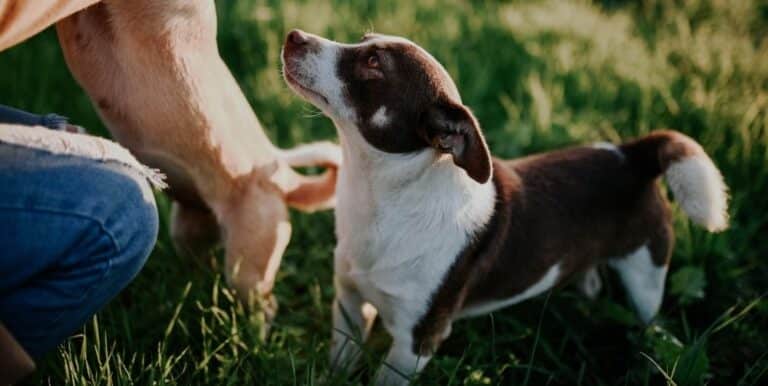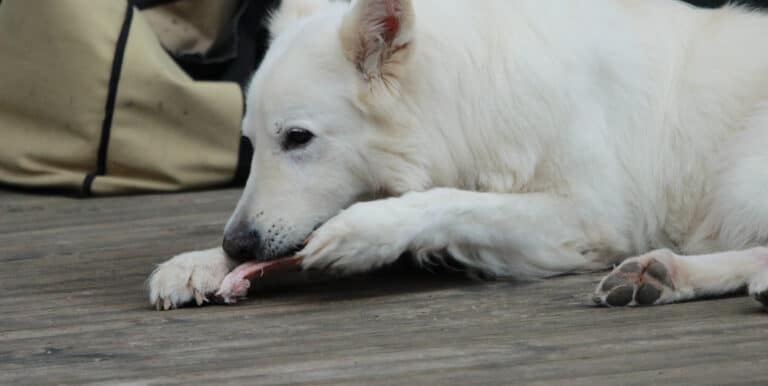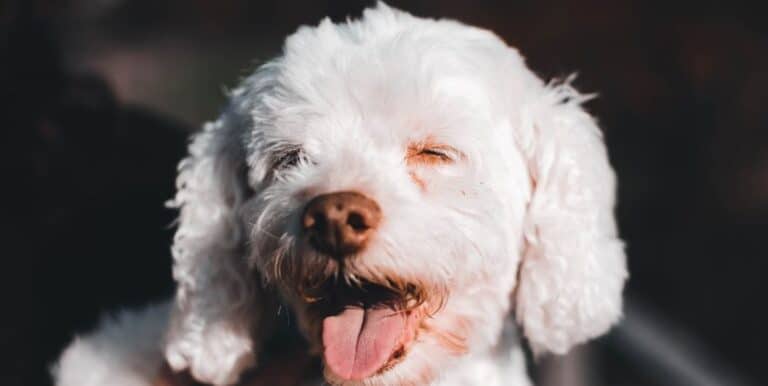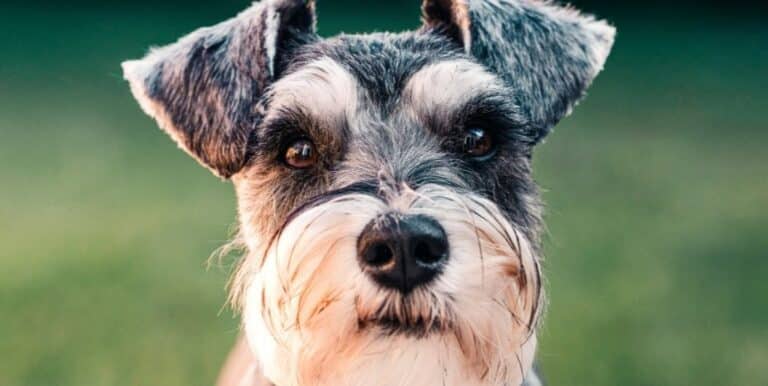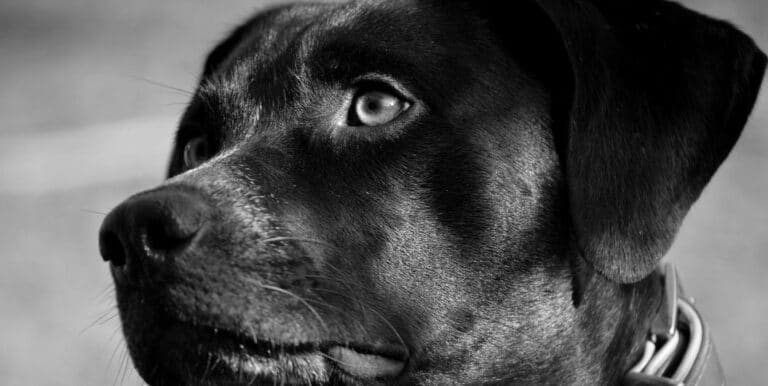What are the Symptoms of Pneumonia in Dogs?
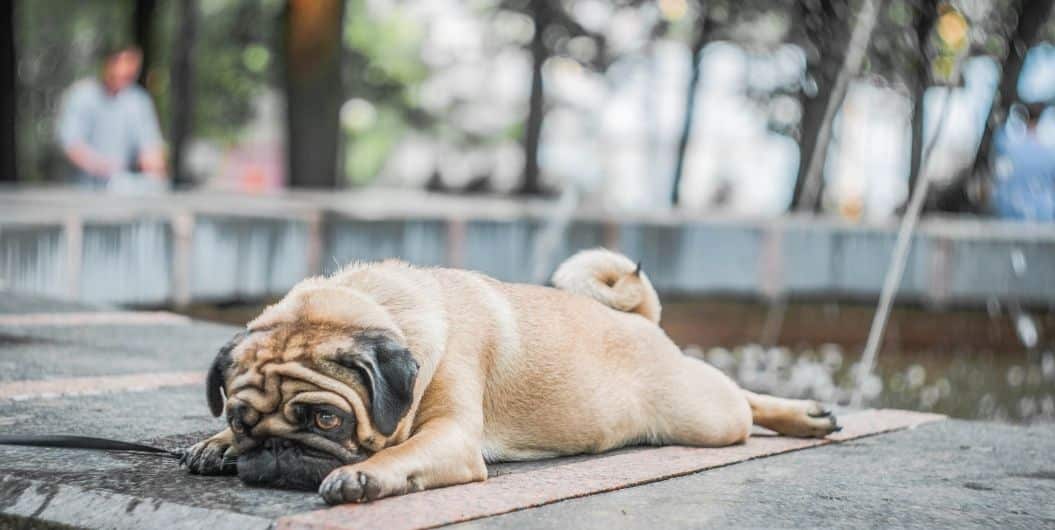
Some symptoms of pneumonia in dogs are rapid breathing, a bubbly cough that sounds like the lungs have fluid in them, and mucus coming from the nose. Other symptoms may be less obvious, such as running a fever, being depressed, and having a rapid pulse. The tongue and gums of the dog may begin to turn a blue or gray color due to the inadequate supply of oxygen from the dog’s fluid-filled and inflamed lungs. As with pneumonia in humans, pneumonia in dogs most often occurs when an animal is very young or very old, and it is potentially fatal. It is generally considered rare for a healthy dog to acquire this condition.

Early detection of pneumonia in dogs can lead to more effective treatment. The first sign of illness is sometimes a lack of energy or depression; for example, the dog might express little to no excitement about going for walks or playing its favorite game. Canine pneumonia may also cause a decrease in appetite, making the dog turn away regular meals or become disinterested in treats. A sudden change in activity level and appetite is an indicator of many types of illnesses, and, with no other symptoms to go on, it may be difficult for the layperson to determine that his or her dog has pneumonia. At this point, it is usually recommended to see a veterinarian who can better determine what is wrong with the dog and how to treat it.
Coughing is typically the most common and well-known symptom of illness, regardless of whether the affected is human or canine. When a dog has pneumonia, the cough is usually moist, which is a sign of fluid in the lungs. This is not to be confused with the cough of kennel cough, which is a dry, hacking cough that tends to sound like the dog has something stuck in its throat. Either illness, however, has the potential to become fatal if not treated.
Rapid breathing, rapid heartbeat or pulse, and blue-gray gums are other symptoms of pneumonia in dogs. In fact, all of these symptoms are caused by an insufficient amount of oxygen in the dog’s body. This is normally due to the inflammation of one or both lungs, along with the fluid that causes the moist cough. In an attempt to get more air, the dog might refuse to lay on its side or sit in any way that hinders airflow. At this point, the dog needs immediate medical attention to help fight off the pneumonia, or else it might die.


